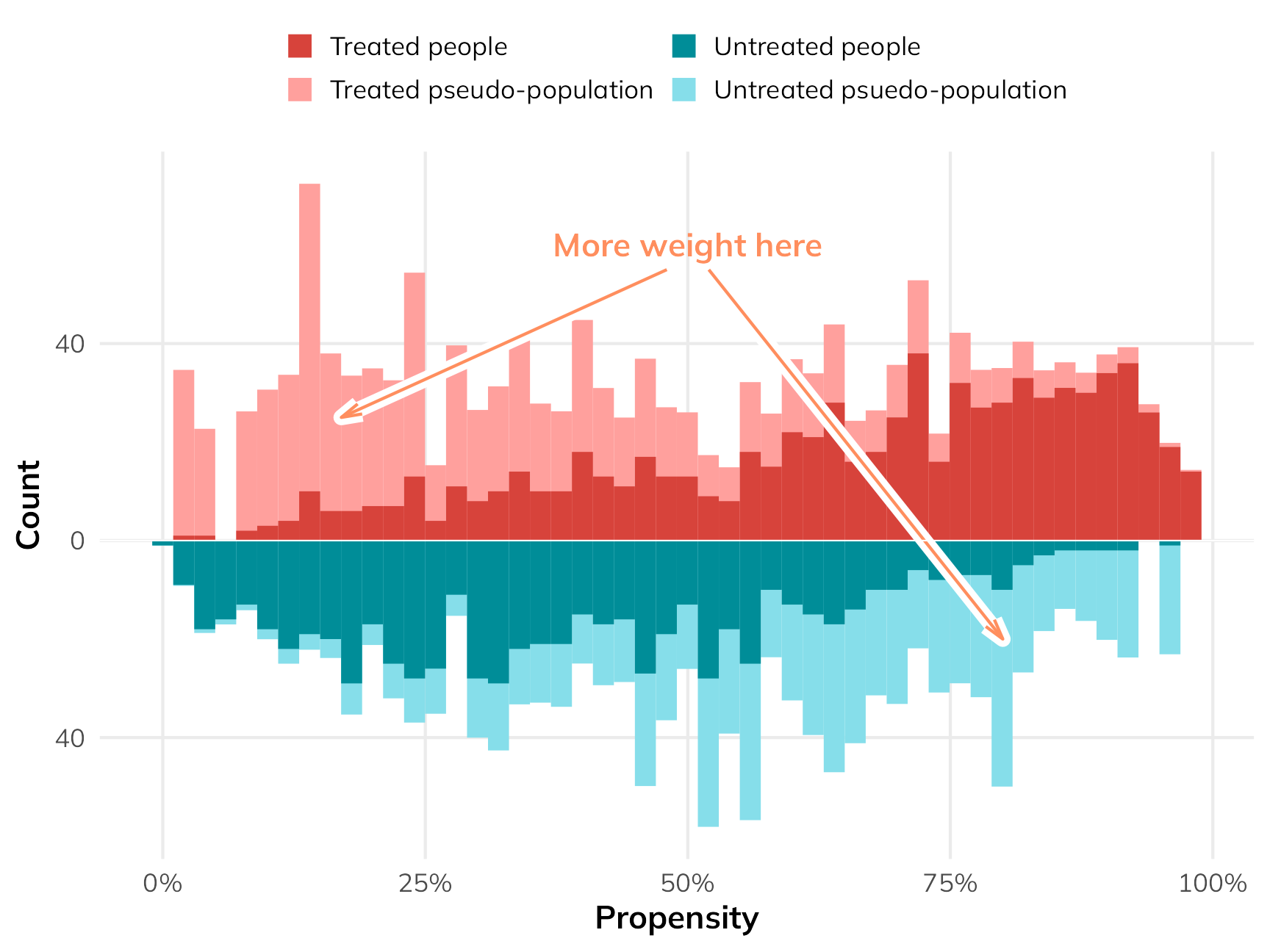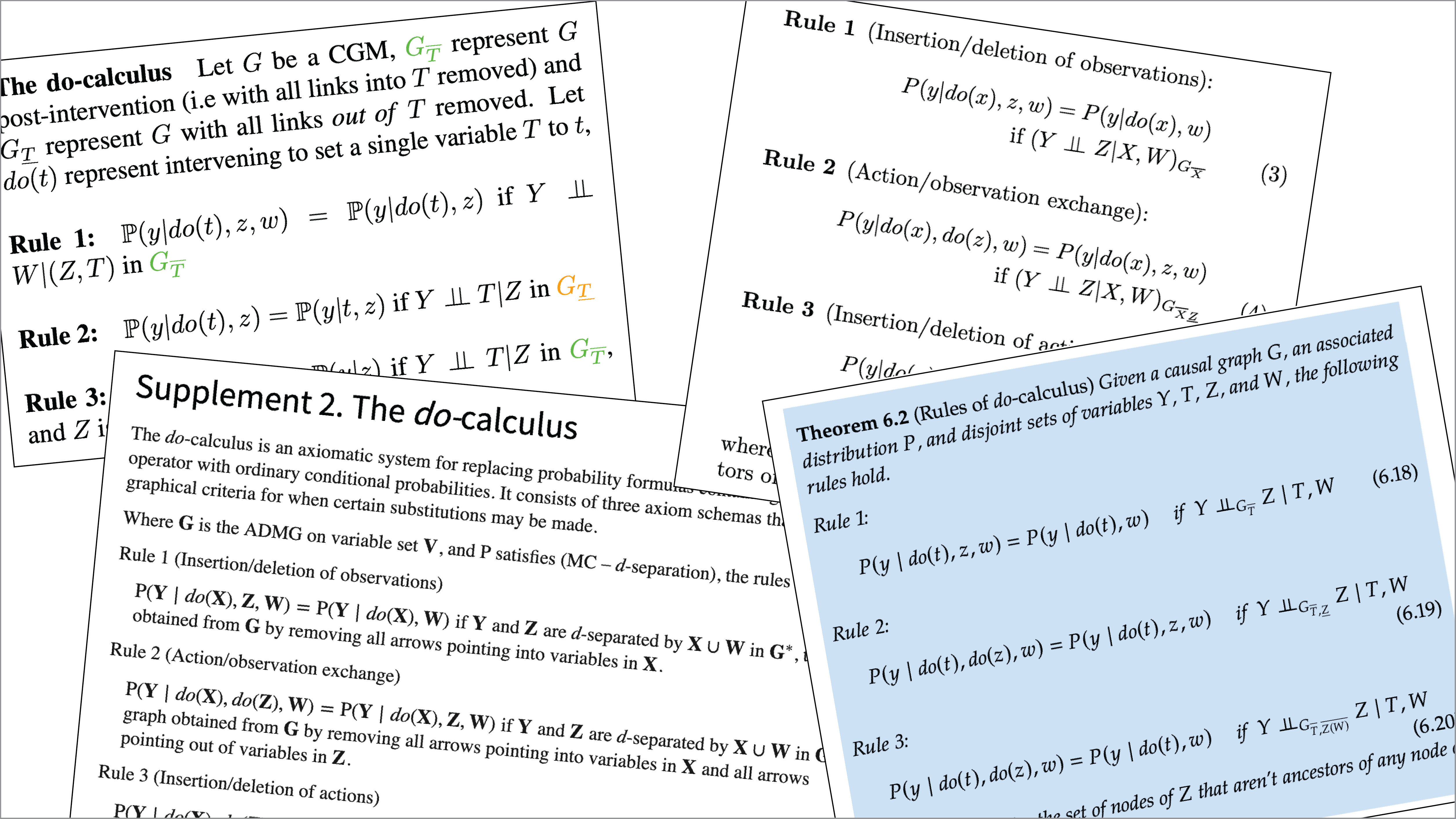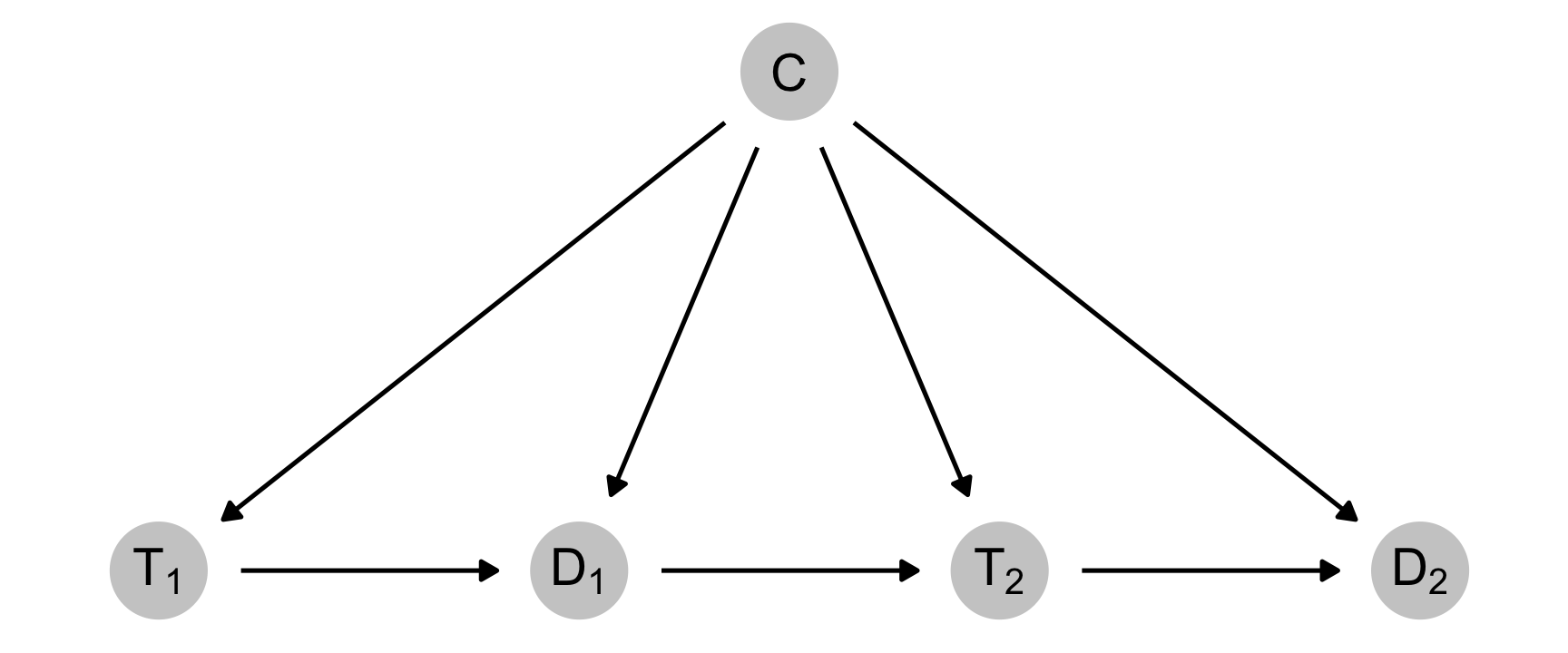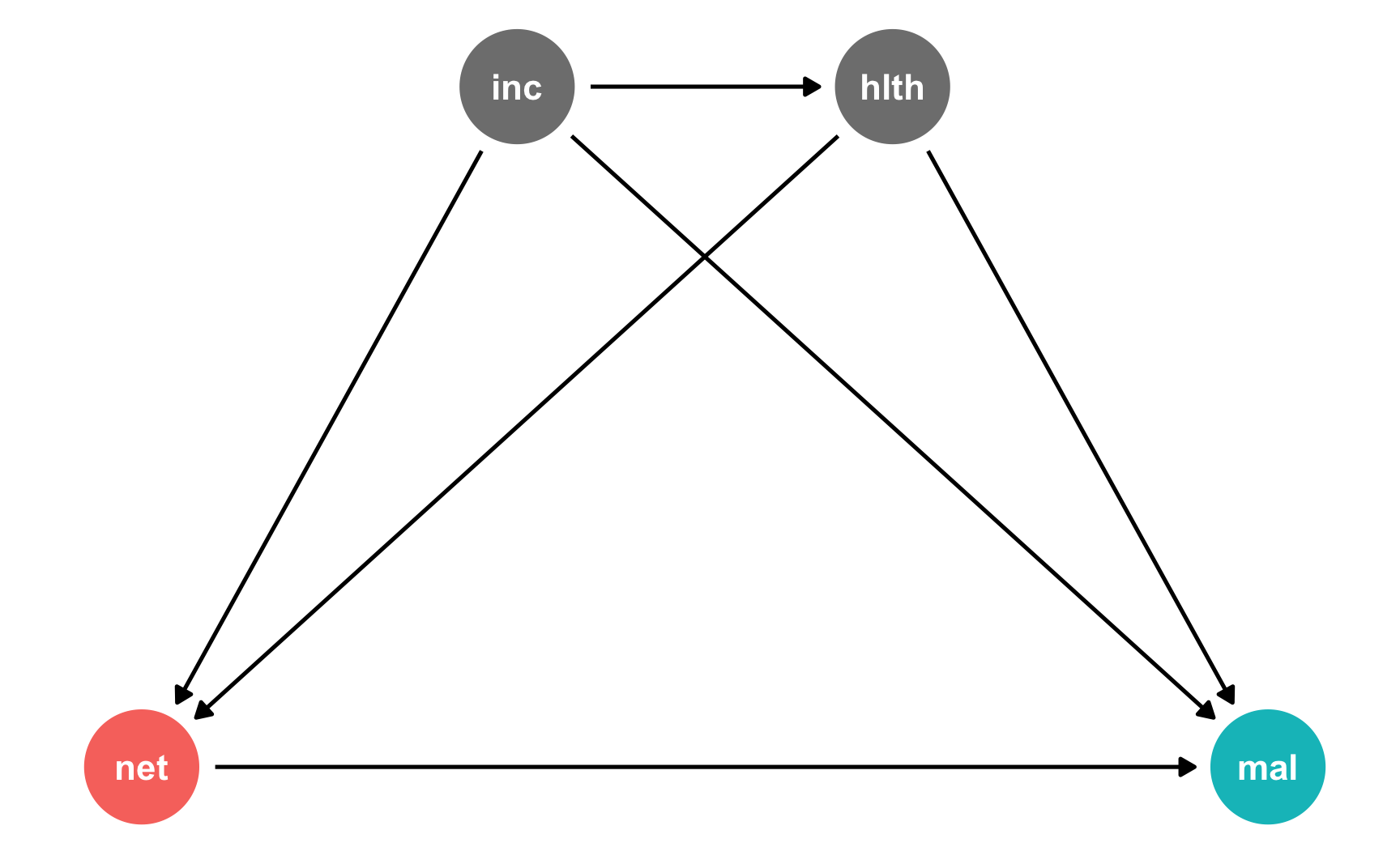
In my causal inference class, I spend just one week talking about the Rubin causal model and potential outcomes.

In my causal inference class, I spend just one week talking about the Rubin causal model and potential outcomes.
The article “Resolving empirical controversies with mechanistic evidence” discusses the potential of using evidence about mechanisms to resolve statistical disagreements and aid in choosing the correct quantitative model. While there are challenges and uncertainties in this approach, it emphasizes the value of theorizing about mechanisms and collecting evidence about them, especially in disciplines like economics.
Introduction Panel data contains measurements from multiple subjects measured over multiple time points.Such data can be encountered in many social science applications such as when analysing register data or cohort studies (for example).Often the aim is to perform causal inference based on such observational data (instead of randomized control trials). A new rOpensci-reviewed R package dynamite available on CRAN implements a new class of panel

I’ve been teaching a course on program evaluation since Fall 2019, and while part of the class is focused on logic models and the more managerial aspects of evaluation, the bulk of the class is focused on causal inference. Ever since reading Judea Pearl’s The Book of Why in 2019, I’ve thrown myself into the world of DAGs, econometrics, and general causal inference, and I’ve been both teaching it and using it in research ever since.

Since my last two blog posts on binary and continuous inverse probability weights (IPWs) and marginal structural models (MSMs) for time-series cross-sectional (TSCS) panel data, I’ve spent a ton of time trying to figure out why I couldn’t recover the exact causal effect I had built in to those examples when using panel data. It was a mystery, and it took weeks to figure out what was happening.

In my post on generating inverse probability weights for both binary and continuous treatments, I mentioned that I’d eventually need to figure out how to deal with more complex data structures and causal models where treatments, outcomes, and confounders vary over time.

My program evaluation class is basically a fun wrapper around topics in causal inference and econometrics. I’m a big fan of Judea Pearl-style “causal revolution” causal graphs (or DAGs), and they’ve made it easier for both me and my students to understand econometric approaches like diff-in-diff, regression discontinuity, and instrumental variables.

The social sciences, I’ve come to believe, don’t have a coherent concept of causation. To talk about ‘causation’ we need to have a boundary on cause and effect. I reflect on what this means for studying causation.
On September 27, the German Science Foundation (DFG) announced its decision to award the status of a research cluster of excellence (Exzellenzcluster) to 57 cluster proposals from all disciplines.
About two weeks ago, COMPASSS issued a Statement on Rejecting Article Submissions because of QCA Solution Type. In short, the reasoning was that methodological work on QCA is developing and that reviewers and editors should not judge empirical work based on whether one particular solution type is interpreted as causal.